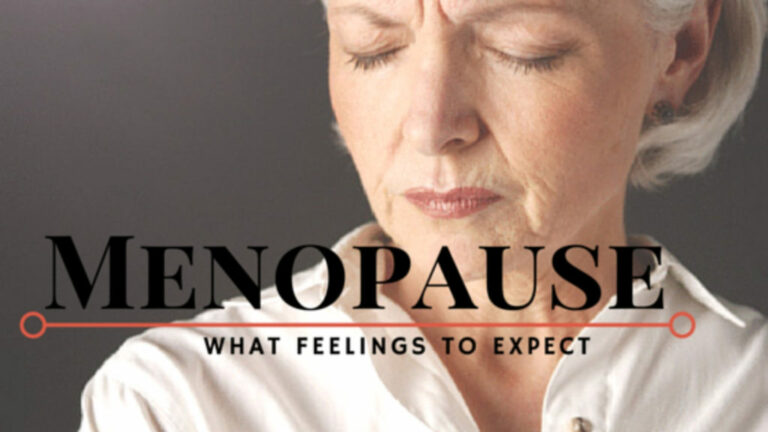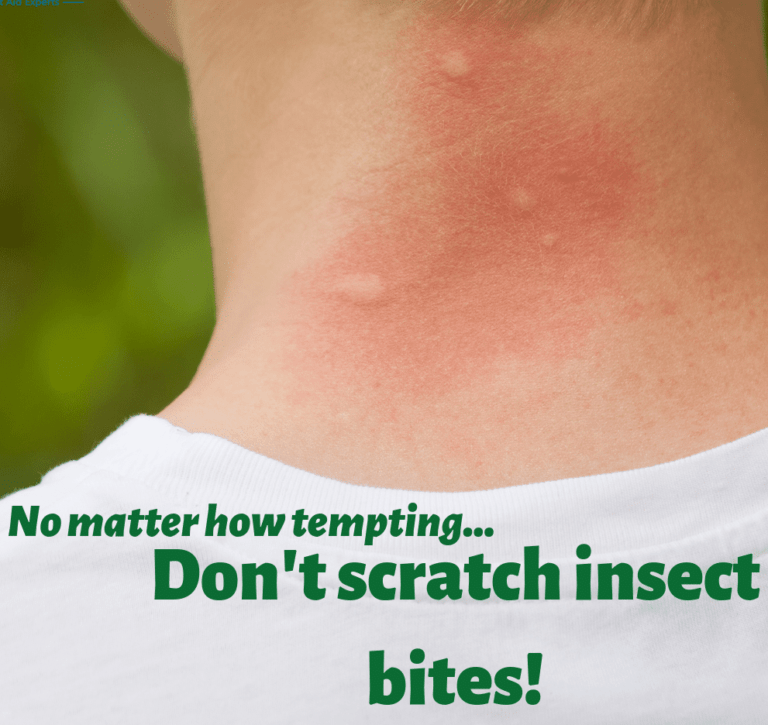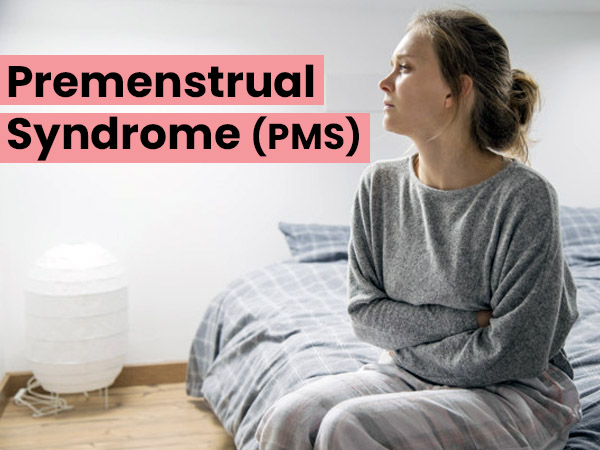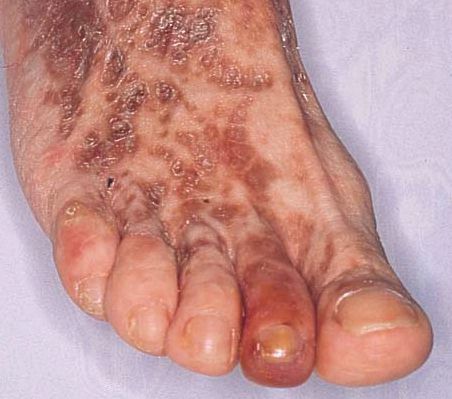Polycystic Ovary Syndrome (PCOS)
Author: Shiela Lupiba
Shiela Lupiba
Category: Health

What is PCOS?
Polyc ** ystic ovary syndrome ( PCOS )** is a hormonal imbalance that affects a woman’s hormone levels. Women with PCOS have higher-than-normal levels of male hormones known as androgens.
Symptoms of PCOS
If you have symptoms of Polyc ** ystic ovary syndrome (PCOS)**, they will usually become apparent during your late teens or early 20s. Some of the symptoms of PCOS include:
- Irregular menstrual cycle – One of the symptoms in women is missing or having fewer periods (fewer than eight in a year). Alternatively, their periods may occur every 21 days or more frequently. Some women with PCOS stop having menstrual periods.
- Excessive hair – Too much hair on the face, chin, or other areas of the body where men normally have hair. This is known as “hirsutism.” Hirsutism affects up to 70% of PCOS-affected women.
- Acne – PCOS can lead to acne because it causes the ovaries to produce more androgens, which stimulate the production of oil in the skin. Acne on the face, back, neck, and chest is common in people with PCOS.
- Thinning hair or hair loss on the scalp; male-pattern baldness
- Weight gain or difficulty losing weight
- Darkening of skin , particularly along neck creases, in the groin, and underneath breasts
- Skin tags , which are small excess flaps of skin in the armpits or neck area
Causes of PCOS
Experts don’t know exactly what causes PCOS. They believe that high levels of male hormones prevent the ovaries from producing hormones and making eggs normally. Genes, insulin resistance, and inflammation have all been linked to excess androgen production.
- High level of androgen – Androgens are sometimes referred to as “male hormones ,” despite the fact that all women produce small amounts of androgens. Androgens regulate the development of male characteristics such as male-pattern baldness. Women with PCOS have higher levels of androgens than normal. In women, higher-than-normal androgen levels can prevent the ovaries from releasing an egg (ovulation) during each menstrual cycle, as well as cause excessive hair growth.
- High levels of insulin. Insulin is a hormone that regulates how food is converted into energy. Insulin resistance occurs when the cells of the body do not respond normally to insulin. As a result, your insulin blood levels rise above normal. Many PCOS women have insulin resistance, particularly those who are overweight or obese, have unhealthy eating habits, and do not engage in enough physical activity. and have a family history of diabetes (usually type 2 diabetes). Over time, insulin resistance can lead to type 2 diabetes.
Treatments of PCOS
Treatment options can vary because someone with PCOS may experience a range of symptoms.
Experts say that there is no cure for Polycystic ovary syndrome (PCOS) , but the symptoms can be managed.
- Losing weight – If you have PCOS and you’re overweight, losing weight and eating a healthy, balanced diet can make some symptoms better.
- Medicines- they are also available to treat symptoms such as excessive hair growth, irregular periods and fertility problems.
- Surgical procedure – If fertility medications fail to work, a simple surgical procedure known as laparoscopic ovarian drilling (LOD) may be recommended. This involves using heat or a laser to destroy the tissue in the ovaries that’s producing androgens, such as testosterone. With treatment, most women with PCOS are able to get pregnant.
See your doctor if you have concerns about your menstrual periods, if you’re experiencing infertility or if you have signs of excess androgen such as worsening hirsutism, acne, and male-pattern baldness.













